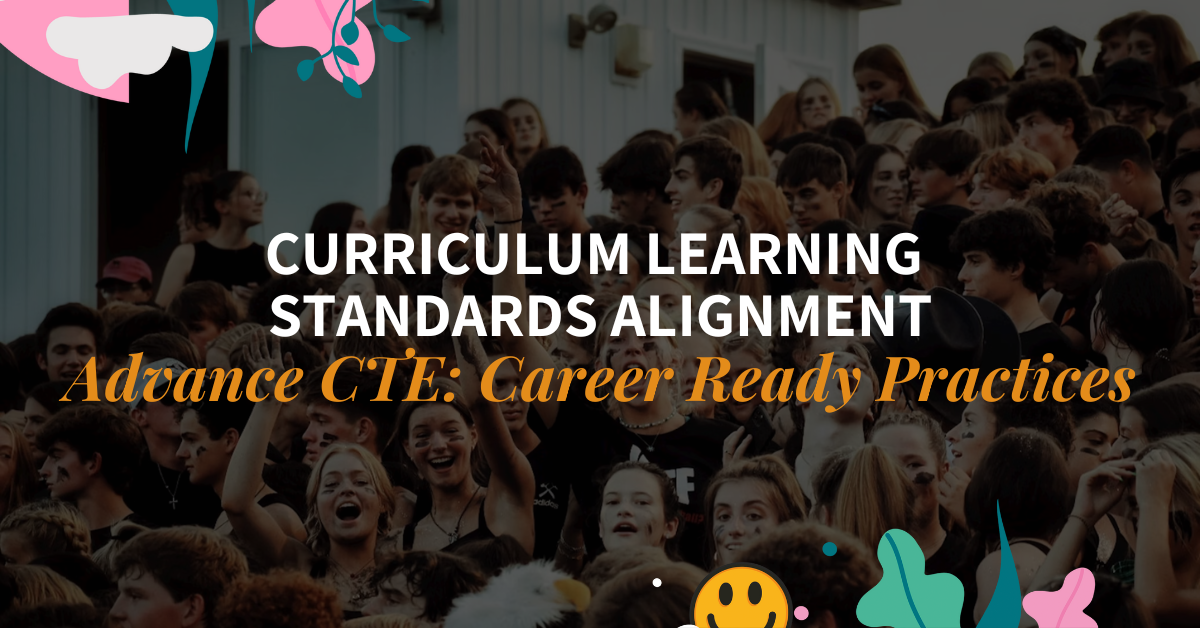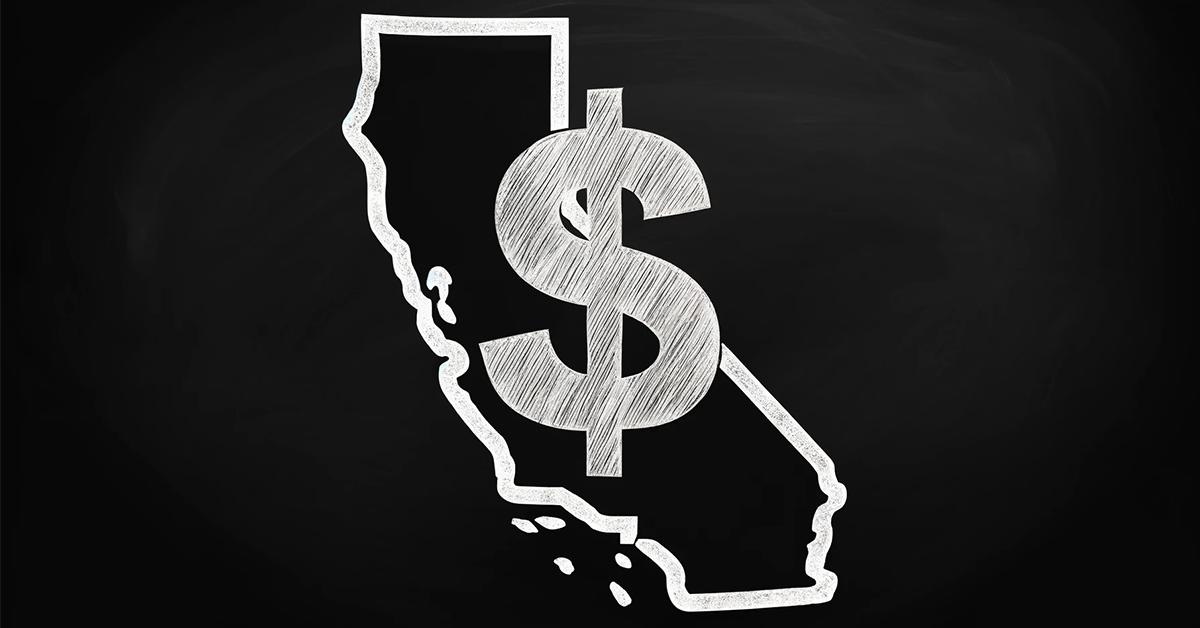May 3, 2022 | Jay Stansell
ESSA Level of Evidence – Correlational Study
Principal Investigator
The principal investigator holds a Ph.D. in Educational Leadership from The Ohio State University and completed a post-doctoral Data Fellowship through Harvard University’s Graduate School of Education’s Strategic Data Project. He has 20 years of experience evaluating the impact of student interventions on educational outcomes.
Find Your Grind launched and commissioned in September of 2021 the following correlational study with statistical controls for selection bias to determine the platform’s effect size at ESSA Level 3 – Promising Evidence.
The study is a quasi-experimental design that compares the postsecondary readiness of high school students in two cohorts of high schools. The Experimental group is 22 high schools across the United States implementing Find Your Grind for the first time in the 2021-22 school year. The control group is 22 similar high schools not implementing Find Your Grind in the 2021-22 school year.
To apply statistical controls for selection bias, high schools in the control group have been purposefully selected using the following criteria: 1) control high school is from the same district or adjacent district within the same state as the matched experimental high school, 2) control high school has similar enrollment demographics (size, ethnicity, poverty) within 5% of the matched experimental high school, 3) control high school is similar type (traditional public, public charter, private) as the experimental high school.
The correlational study tests the following hypothesis:
High Schools in the experimental cohort will report greater change in post-secondary readiness outcomes from 2019-20* than high schools in the control cohort.
*This study specifically excludes post-secondary readiness outcomes from the 2020-21 school year due to pandemic effects including extended school closure and interrupted educational activities.
The dependent variable in the study, post-secondary readiness, is quantified as the “College Readiness” rating reported by Great Schools. The College Readiness rating is determined by a school’s 4-year high school graduation rate, average ACT score, ACT participation rate, ACT college readiness rate, AP course participation, percentage of students enrolled in Dual Enrollment, and/or International Baccalaureate (IB) classes grades 9-12.
Because public reporting of school data varies from state to state, and since Find Your Grind is implemented across multiple states, the Great Schools summary rating for college readiness establishes a standardized outcome measure across all high schools in all states. The independent variable is an implementation of Find Your Grind measured simply as a Bernoulli variable of 1 or 0.
The correlational study will analyze the average change in college readiness ratings of all schools in the study and will compare the mean delta of the control group to the mean delta of the experimental group to calculate and report the effect size (Cohen’s d) of Find Your Grind on postsecondary readiness of students.
Postsecondary indicators (i.e. four-year graduation rate, ACT scores, ACT participation, AP, and dual enrollment) tend to be lagging indicators, meaning that they do not reveal the effects of interventions for two or more years after the treatment. As a result, this longitudinal study will calculate and compare the change in postsecondary readiness of the control and experimental cohorts of high schools over successive years.
Additionally, further analysis will be conducted on experimental cohort data to determine to what extent individual dimensions of Find Your Grind such as Self-Awareness, Character, Ability, Environment, and Action are predictive of changes in postsecondary readiness.
Correlational Study Cohorts Baseline Data Profile
| Description | Experimental | Control |
| N | 22 | 22 |
| Enrollment (Ave total) | 949 | 985 |
| Ethnicity (Ave % non-white) | 36.5 | 34.8 |
| Poverty (Ave % FRL) | 39.1 | 35.2 |
| 2019-20 Post-Secondary Readiness Rating (Ave/10) | 6.37 | 6.61 |
| 2021-22 Post-Secondary Readiness Rating (Ave/10) | NR | NR |
| Change | * | * |
| Cohen’s d | * |
Experimental Cohort Progress Data
| Description | Initial | Subsequent | Change |
| Total student accounts | 4,070 | 4,070 | * |
| Baseline Future Ready score | 1.92 | 3.5 | +1.58 |
| Self-Awareness | 1.79 | 3.78 | +1.99 |
| Character | 2.01 | 3.85 | +1.84 |
| Ability | 2.03 | NR | * |
| Environment | 1.72 | NR | * |
| Action | 1.94 | NR | * |


